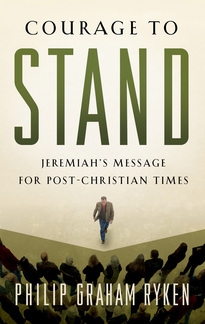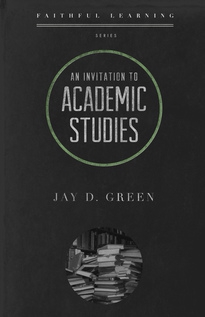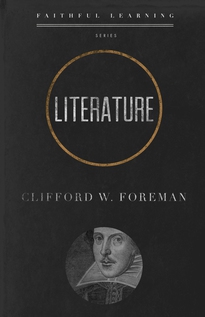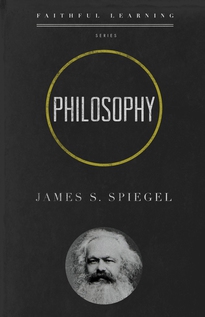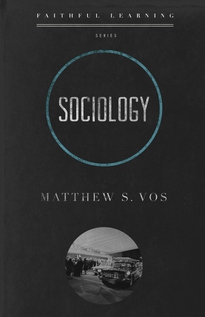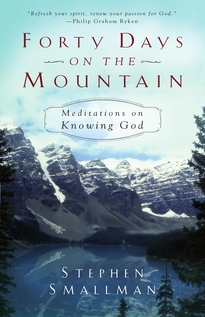Here are our 3 upcoming February releases.
What about Free Will?: Reconciling Our Choices with God’s Sovereignty by Scott Christensen
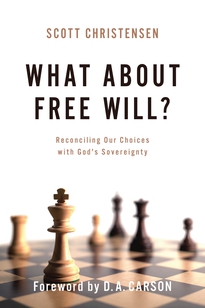
304 pages | List Price: $17.99 | Paperback
Summary
Christensen explains two views that acknowledge God’s sovereignty and its relation to human responsibility: compatibilism and libertarianism. Providing cogent, biblical answers, Christensen argues for compatibilism and shows how it makes sense of evil, suffering, prayer, evangelism, and sanctification. You will gain a deeper understanding of both arguments, as well as a greater appreciation for the significant role that choices play in God’s work.
About the Author
 Scott Christensen (MDiv, The Master’s Seminary) worked for six years at the award-winning CCY Architects in Aspen, Colorado: several of his home designs were featured in Architectural Digest magazine. Called out of this work to the ministry, he graduated with honors from seminary and now pastors Summit Lake Community Church in Mancos, Colorado.
Scott Christensen (MDiv, The Master’s Seminary) worked for six years at the award-winning CCY Architects in Aspen, Colorado: several of his home designs were featured in Architectural Digest magazine. Called out of this work to the ministry, he graduated with honors from seminary and now pastors Summit Lake Community Church in Mancos, Colorado.
Scott Christensen
Endorsements
“A clear, intelligent, immensely helpful overview of one of the most confusing conundrums in all of theology. . . . Scott Christensen doesn’t sidestep the hard questions. The answers he gives are thoughtful, biblical, satisfying, and refresh- ingly coherent. Lay readers and seasoned theologians alike will treasure this work.”
—John F. MacArthur, Grace Community Church
“Careful in description and argument . . . eminently readable. . . . Most important of all, this book breathes a spirit of wonder and gratitude before the face of a God who is not only all-powerful but good.”
—Michael Horton, Westminster Seminary California
“Many think that free will is the silver-bullet answer to some of theology’s most difficult questions. But do we have a free will? Short answer: it depends on what you mean by ‘free.’ Long answer: read this book.”
—Andrew Naselli, Bethlehem College and Seminary
Christian Theistic Evidences, Second Edition by Cornelius Van Til edited by K. Scott Oliphint
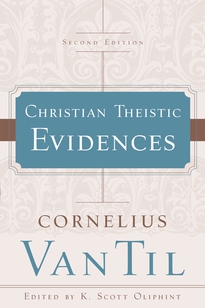
288 pages | List Price: $19.99 | Paperback
Summary
When defending Christianity, we often play by man’s rules, letting secular science and philosophy determine the cards we’re allowed to bring to the table. But can we effectively defend the primary authority of Scripture if we start with other sources of authority that relegate it to minor status from the outset?
K. Scott Oliphint provides a foreword and explanatory notes in this retypeset syllabus, originally from Cornelius Van Til’s famous Christian Evidences class at Westminster Seminary. Van Til argues for the defense of a pure, full-fledged Christianity, unadulterated by a scientific methodology founded on non-Christian assumptions. He offers us instead a Christian philosophy and methodology for defending the faith that presupposes the absolute authority of the triune God of Scripture.
About the Author and Editor
Cornelius Van Til (1895–1987) was born in Grootegast, the Netherlands, and immigrated with his family to America in 1905. He attended Calvin College and Calvin Seminary before completing his studies at Princeton Theological Seminary and Princeton University with the ThM and PhD degrees. Drawn to the pastorate, Van Til spent one year in the ministry before taking a leave of absence to teach apologetics at Princeton Seminary. When the seminary reorganized, he was persuaded to join the faculty of the newly founded Westminster Theological Seminary. He remained there as professor of apologetics until his retirement in 1975. Van Til wrote more than twenty books, in addition to more than thirty syllabi. Among his best-known titles are The Defense of the Faith, A Christian Theory of Knowledge, and An Introduction to Systematic Theology.
K. Scott Oliphint (MAR, ThM, PhD, Westminster Theological Seminary) is professor of apologetics and systematic theology at Westminster Seminary, Philadelphia. He has written numerous journal articles in the field of apologetics, is author of The Battle Belongs to the Lord: The Power of Scripture for Defending Our Faith, and is coeditor of Revelation and Reason: New Essays in Reformed Apologetics.
Endorsements
“Critics of Van Til often complained that in Van Til’s presuppositionalist apologetics there was no room for the use of evidences to verify the Christian faith. But Van Til often said that evidences were an important part of apologetics. . . . Christian Theistic Evidences is Van Til’s philosophy of fact, his philosophy of science, and as such it should interest everyone who seeks to understand Van Til’s work.”
—John M. Frame, Author, A History of Western Philosophy and Theology
“Christian Theistic Evidences represents Cornelius Van Til’s first, revolutionary statement of presuppositional (or covenantal) apologetics. It contains all his major statements against the pretended neutrality of fact, of reason, and of foundations. Dr. Oliphint’s masterful annotations clarify and enhance the beauty of the text. His introduction is pure gold. This is must reading for anyone who wishes apologetic method to be consistent with sound theology.”
—William Edgar
, Professor of Apologetics, Westminster Theological Seminary
Church Revitalization from the Inside Out by Robert D. Stuart
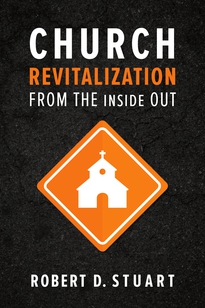
264 pages | List Price: $15.99 | Paperback
Summary
Is your church suffering, and you’re not sure why? Church planter and professional interim pastor R. D. Stuart encourages church leaders to examine the different ways that they themselves may be exacerbating the problem.
Unfortunately, flawed leadership is a big cause of ailing churches today. The good news is that God gives us the humility and ability to change. With forthright prose and practicalexamples from his own experiences, Stuart diagnoses different leadership failures and prescribes treatment for them. Along the way, he tackles making tough decisions; striving for unity; taming gossip; cultivating humility; and loving even the hard-to-love sheep. Ultimately, Church Revitalization from the Inside Out will help ministry leaders to strengthen their churches as they grow in faithfulness.
About the Author
Robert D. Stuart (MDiv, Princeton Theological Seminary; DMin, Reformed Theological Seminary) is pastor of Christ Covenant Church (PCA) in Colorado Springs, Colorado. He also serves as professor of counseling at Knox Theological Seminary in Colorado Springs.
Endorsements
“As someone who has led a company, pastored a church, and trained future pastors, I have read a number of books on leadership. Not one of those books, however, has been as practical and as full of real-life examples as Bob Stuart’s.”
—Michael W. Honeycutt, Senior Pastor, Westminster Presbyterian Church
“Bob Stuart . . . diagnoses the sickness in the church, exposes the practice of poor church leadership, and prescribes the cure. Leaders, pastors, and church planters are encouraged to read this book, which will help them become the leaders they were called to be.”
—David V. Edling, Author, Redeeming Church Conflicts
